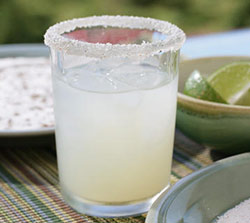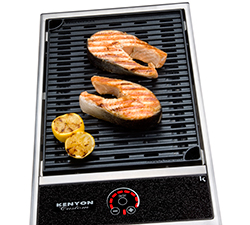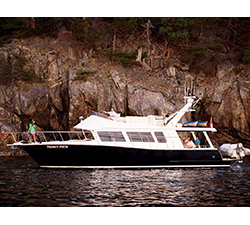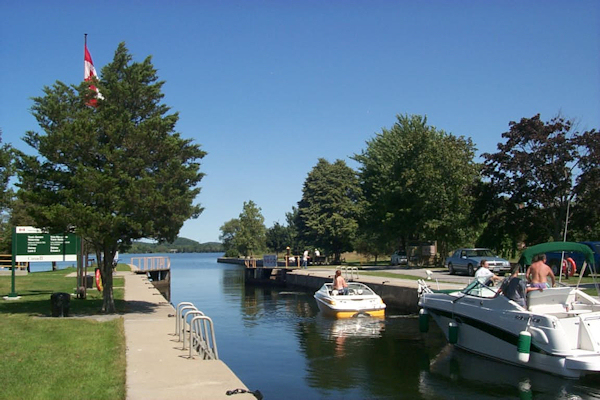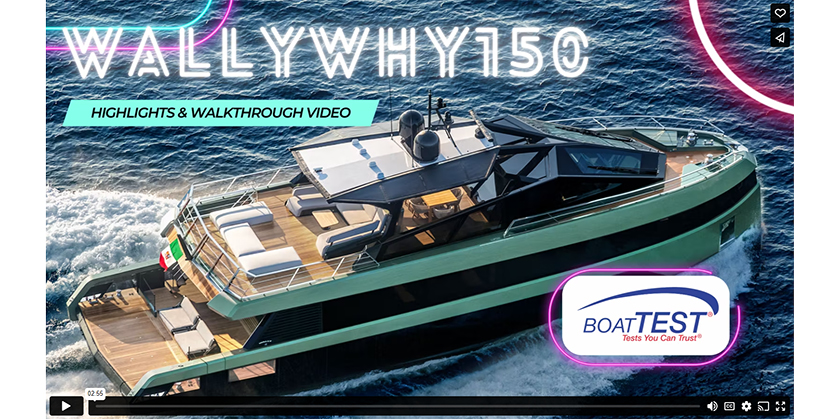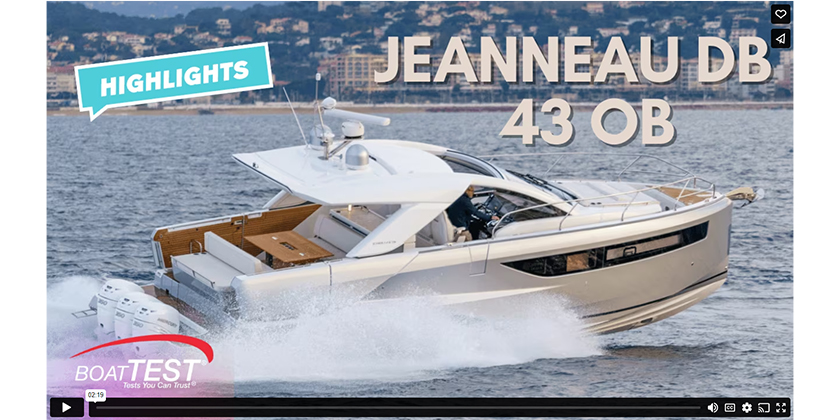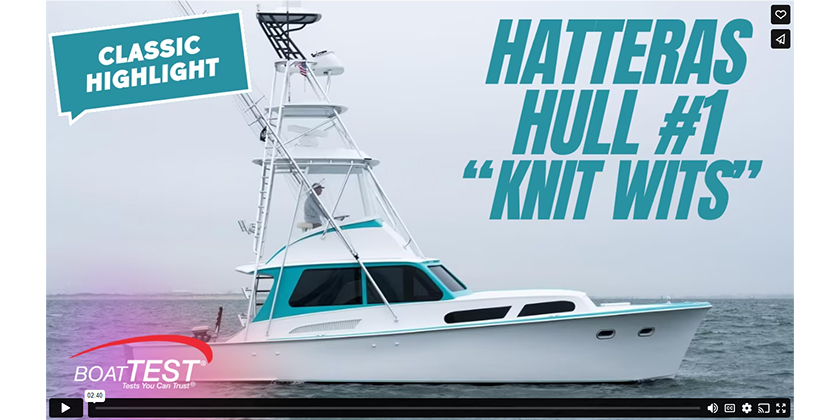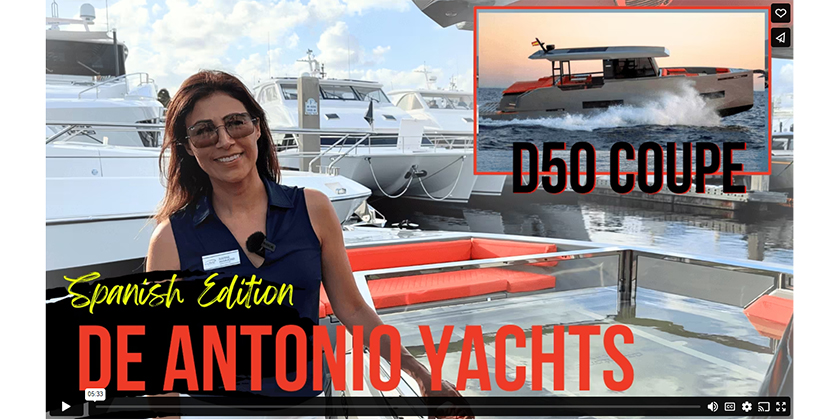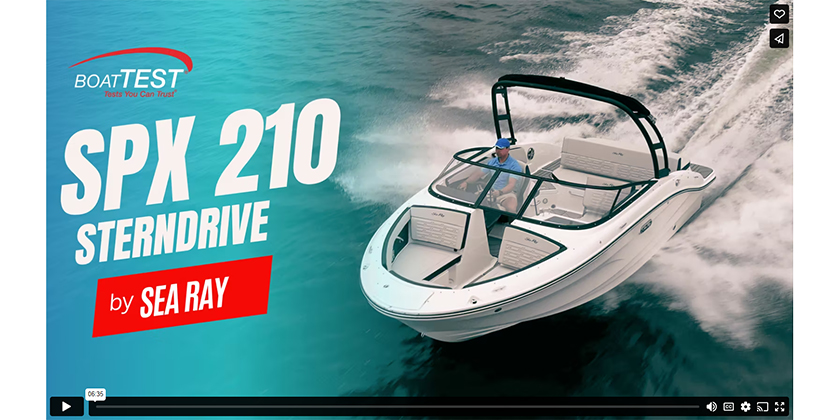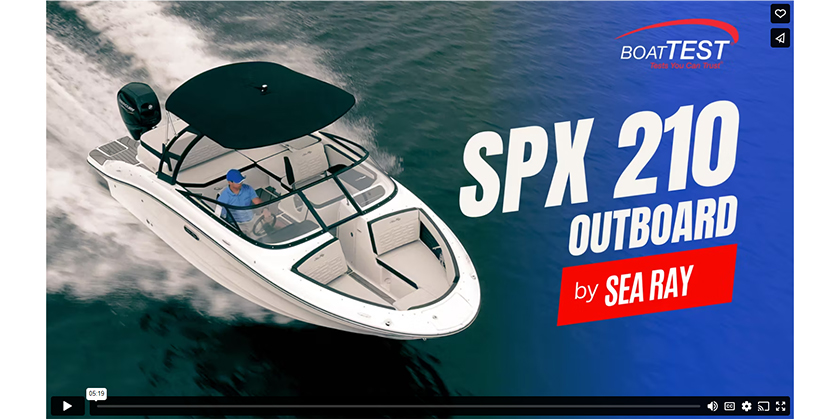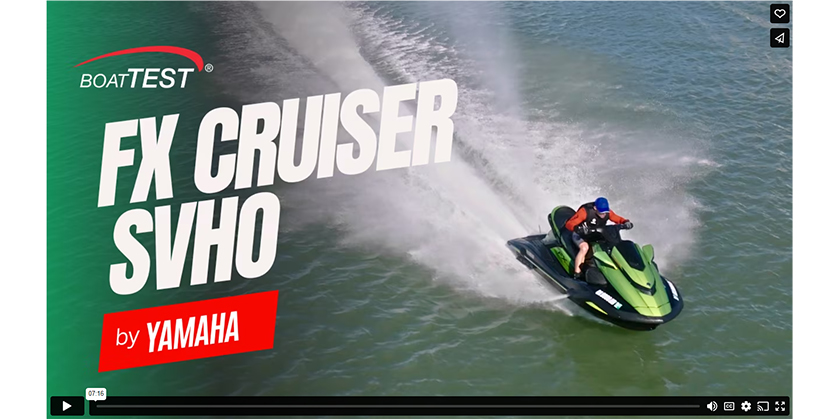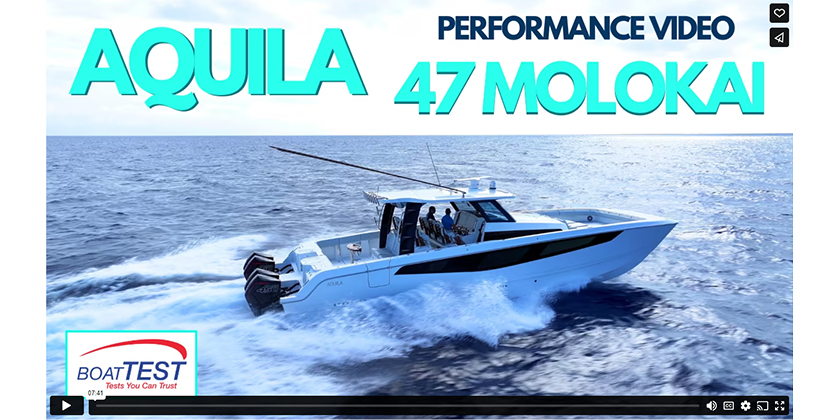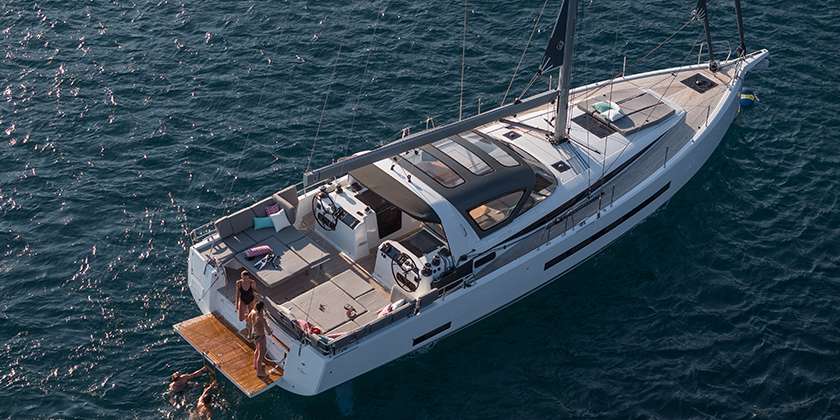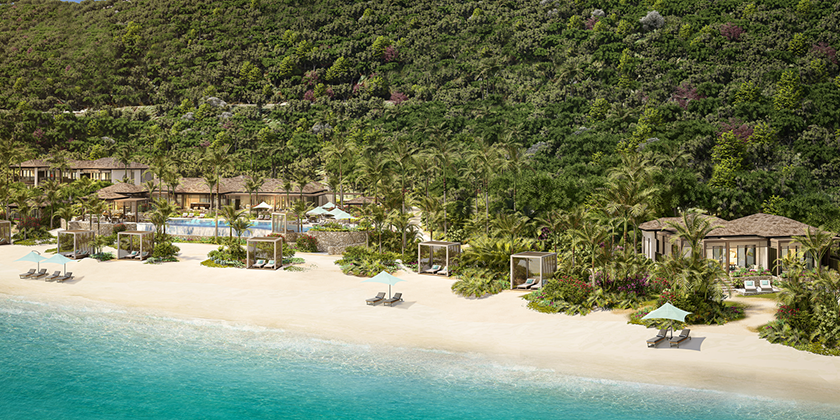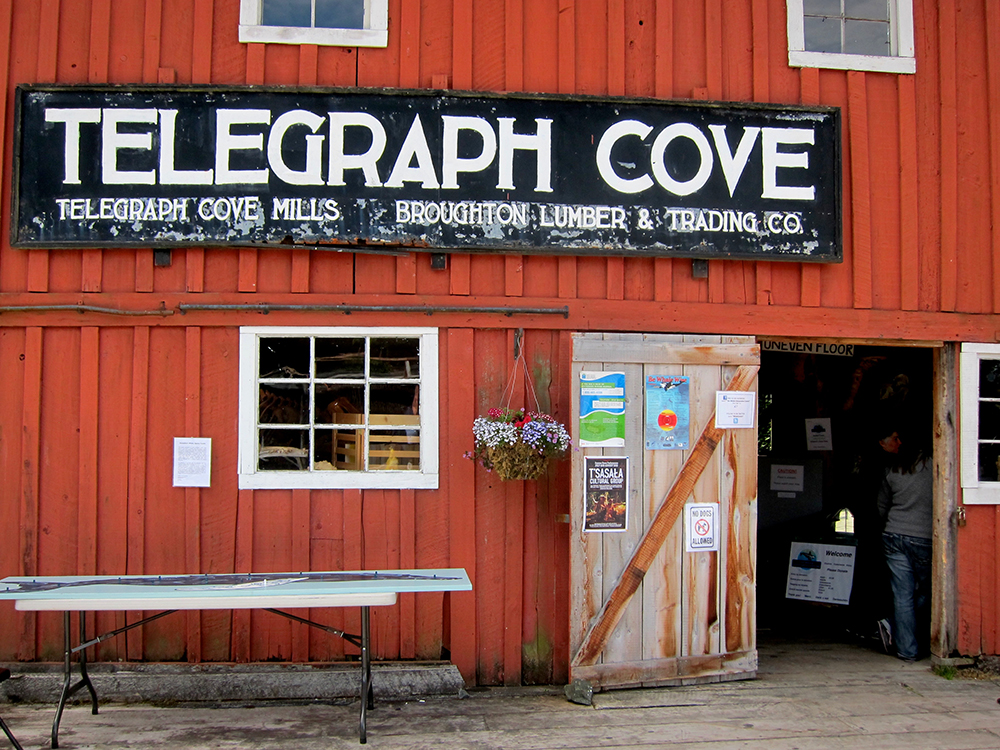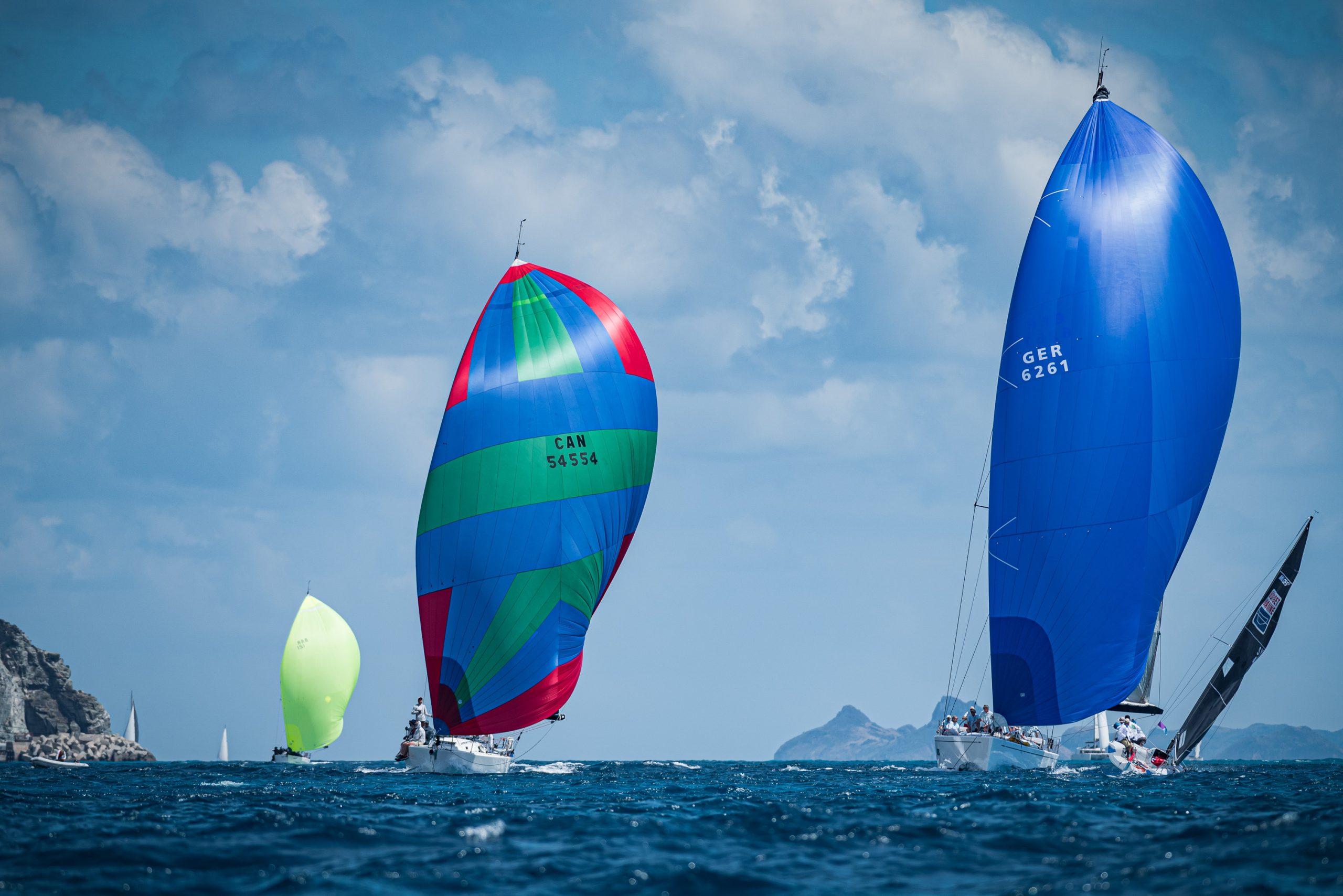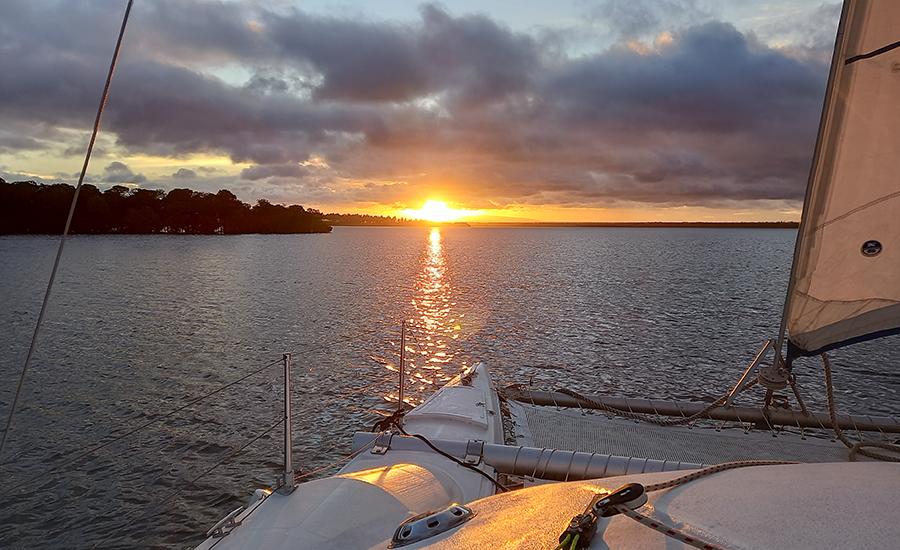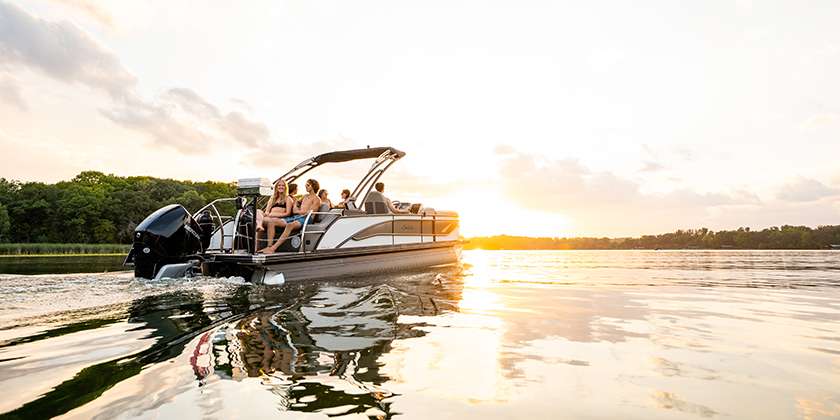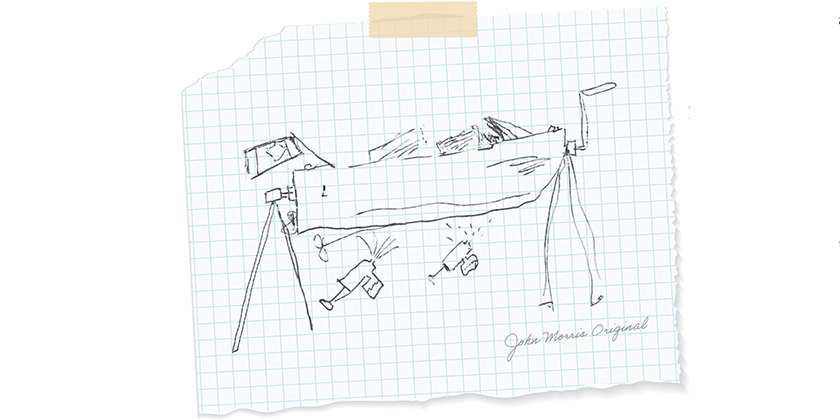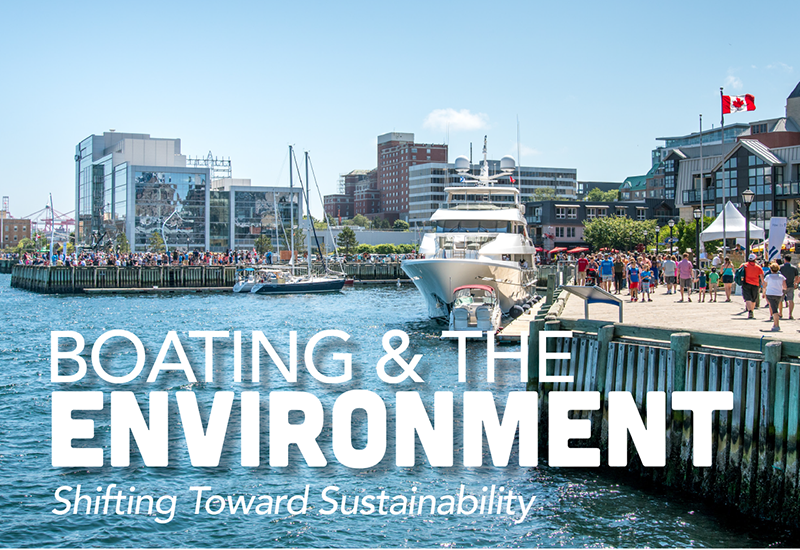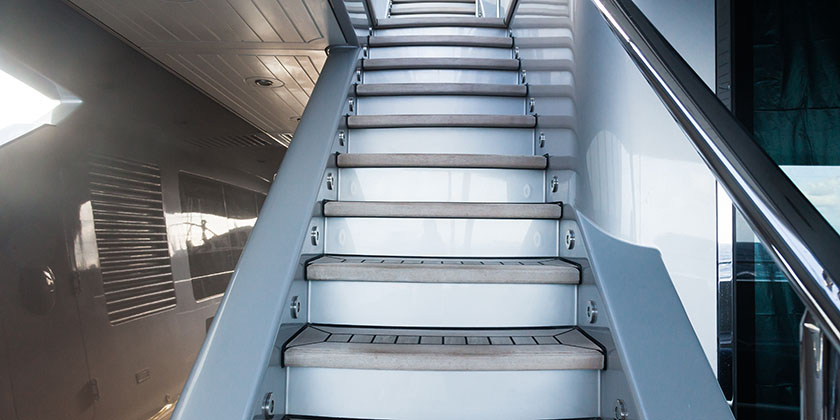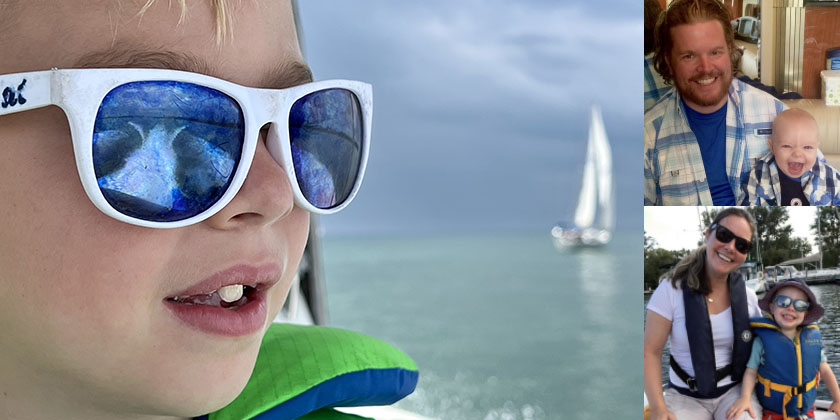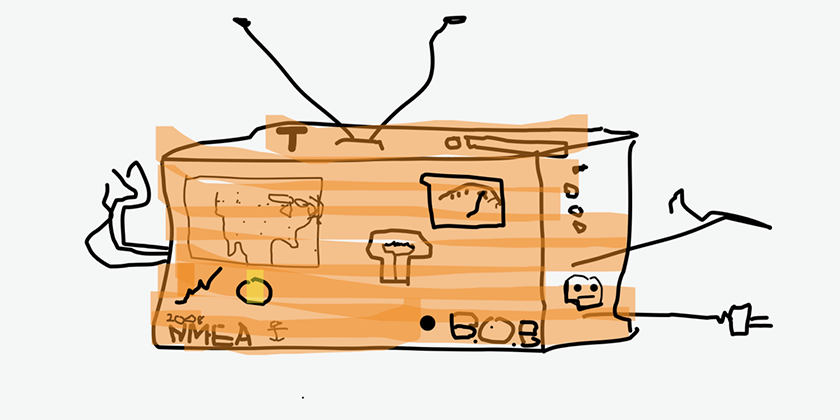The Big Chill – Portable Freezers Help Extend Your Cruise
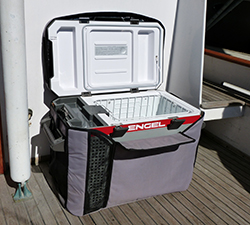
By Duart Snow
Good food is an important part of the cruising experience for our crew – just as important as it is at home. When we traded our 27’ sailboat for a 32’ trawler, a big attraction of the new boat was its well-equipped galley, extensive stowage, and refrigeration. Hog heaven, if you will, compared to the tiny galley and icebox on the sailboat.
But as we prepared for our first extended foray up the BC coast, we realized we needed one more component in our galley toolset: a freezer. We like our fish and seafood but we’re not avid fishers; a freezer would allow us to pack along our favourite “catch.” Same with meats, which are scarce and expensive away from major provisioning stops up the coast. And who wouldn’t enjoy a little ice cream as a treat in some remote anchorage?
The truly fortunate have freezers built into their galleys or elsewhere in their boats. But long-haul cruisers on smaller boats can easily opt for portable freezers that store on deck or in a locker. We had two or three spots on deck where a unit would be out of the way but near a 12-volt power supply, so a compact freezer made good sense for us.
That was the good news. The not-so-good news: freezers and refrigeration systems can be serious power hogs that may tax your batteries and charging capabilities to their limits. This is because refrigeration systems maintain their internal temperatures – above or below freezing – by cycling on and off regularly, running for a few minutes up to several times an hour, and more often if the ambient temperature is warm, as in perfect summer boating weather. Each cycle uses a few amps, and as long as the freezer is in use, the amp-hours add up, depleting batteries steadily.
So it’s important to take stock of the capacity and health of your house batteries, to understand just how many amp-hours a freezer will draw out of them, and to plan how you will replace those amp-hours by recharging with a genset, main engine(s) or a charger on shore power. A marine electrician can help you here – ours figured we’d be fine if we ran from destination to destination every two or three days and spent a night or two on shore power to really top up the house bank. He also installed a battery monitor so we could see clearly just how much power we were using and when it was time to recharge.
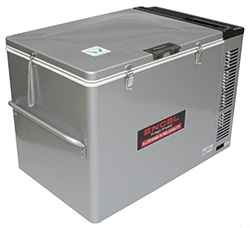
Efficient Portables
If that sounds discouraging, wait, there is more good news. Modern refrigeration systems are significantly more efficient than their predecessors, and they power a new generation of portable fridge-freezers with modest power draws that are within the capabilities of a properly-sized house battery bank. Typically, these units function as fridges or freezers, operate on both 12/24-volt DC house power or 120-volt AC shore power, whichever is available, and come in sizes from super-compact units that are ideal for small boats and weekend cruises to hefty 80-litre units that will pack away a big chunk of the summer’s fish catch. Fridge-freezers from manufacturers like NovaKool of Coquitlam BC, Engel and Dometic boast rugged construction that is designed to withstand harsh marine and outdoor environments.
When choosing a fridge-freezer, especially for extended cruising, it makes sense to go with the biggest model you can store conveniently – and that your batteries can handle. Check exterior dimensions and measure your intended spot carefully. Determine power consumption as accurately as possible and confirm that your batteries are up to the task. Depending on manufacturer and model, you may have the option of plugging or hard-wiring into your electrical system. Insulated covers are a worthwhile option when available
Our choice was an Engel MR040 fridge-freezer. We liked its sturdy, weather-resistant plastic case and particularly modest power consumption. It fits neatly into our boat’s cockpit, out of the way against the rear cabin bulkhead, and plugs into a two-pin 12-volt outlet under one of our side deck overhangs. An insulated cover protects it from heat and weather.
And it worked better than we expected, greatly simplifying our provisioning while north of Desolation, ensuring we had fish, meat, bread and the like from our favourite purveyors, as well as the option of freezing more stores en route. We returned home after a month’s cruising with some items we had when we left, and enjoyed them happily in the fall.
And yes, we do treat ourselves to ice cream while we’re on the hook!
Portable Freezer Suppliers
Dometic
www.dometic.com
Edgestar
www.edgestar.com
Engel USA
www.engel-usa.com
NovaKool
www.novakool.com
Whynter
www.whynter.com
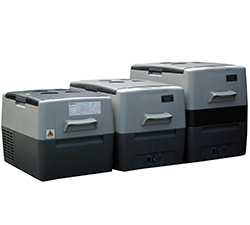
PHOTOS & CAPTIONS
Top
The Engel MR040 portable freezer stores out of the way in our boat’s cockpit, and its 38-litre bin holds more than enough meat, fish, bread and other perishables for the two of us.
Middle
NovaKool’s range includes 30, 45 and 60-litre cooler-freezers.
Lower
Engel’s MT80 has a hefty 80-litre capacity but a relatively compact footprint.

